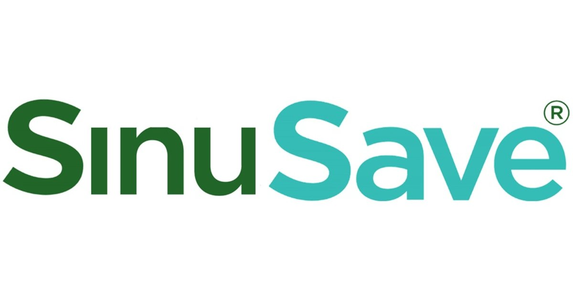The Need for SinuSave

For Tiffany W., working as a nurse practitioner in an emergency room exposes her to a lot of allergens and germs. “I am also a chronic sinusitis sufferer and allergic to just about everything” she said.
Tiffany’s ordeal is not an isolated case. The U.S. Centers for Disease Control and Prevention estimates 30-35 million American adults suffer from sinusitis annually. The number of infections is estimated to be 70-80 million due to multiple incidents per patient per year.
Chronic sinusitis is debilitating. The congestion brought about by inflammation of nasal passages is merely a prelude to a host of other symptoms like headaches, pain and swelling around the eyes, cheeks, and nose and interrupted sleep cycles. Sufferers often move about in a haze of pain, nausea, and fatigue.
To alleviate symptoms, patients turn to nasal sprays to find relief. Studies show that nasal washing can help reduce the suffering so that people do not necessarily have to resort to surgical options to resolve their problem.
However, medicated nasal sprays can also be a problem. Not everyone responds positively to the chemical substances used in the sprays.
Airline steward Julio A. used nasal sprays to help treat his sinusitis, but it had an adverse effect. “I was ‘hooked’ on Afrin for years.” he said.
“I had to use more to get the same level of relief. The more I used it, the less good it did until it was all but useless, giving me relief for an hour at best and my morning sinus headache was back in a couple of days and never left after that”, he recalled.
Over-the-counter (OTC) nasal sprays contain Oxymetazoline HCL (AFRIN), Phenylephrine HCl (NEO-SYNEPHRINE), Zinc.gluconate
(Zicam), https://www.medicalnewstoday.com/articles/312643.php all of which cause a “rebound effect”. This means that your body can become dependent on these drugs if you use them for too long. If you become used to it, your nose may feel even more congested when you stop using them. Fluticasone propionate (Glucocorticoid – FLONASE) can be used long term, does not cause rebound effect, however it can cause nose bleeds and other side effects; see
https://www.healthline.com/health/allergies/corticosteroids#nasal-corticosteroids and
https://www.fda.gov/ForConsumers/ConsumerUpdates/ucm316375.htm
Similarly, Tiffany’s condition did not improve with the use of nasal sprays. “For most of my life, I woke up at night coughing from post nasal drip. I always had a sinus headache in the morning.” she said.
Saline nasal sprays were an option. But some studies have shown that nasal irrigation result in minor or no benefit at all. These can leave a salty aftertaste and be irritating to dry sensitive or sore nasal passages.
Natural alternatives like SinuSave® are more effective. When Tiffany began using SinuSave®, she was amazed at the positive effect.
“I’ve used SinuSave® daily since August 2017. I no longer wake at night from post-nasal drip. I sleep well and wake rested.” she said.
Julio also experienced a similar improvement in his condition. “Within three days after I started to use SinuSave®, I no longer had to use Afrin. I sleep through the night now; no morning sinus headaches,” he said. He has taken to using SinuSave® before, during and after his flights, helping to prevent discomfort from dry air in the aircraft cabin and relieved that he is back to functioning normally.
